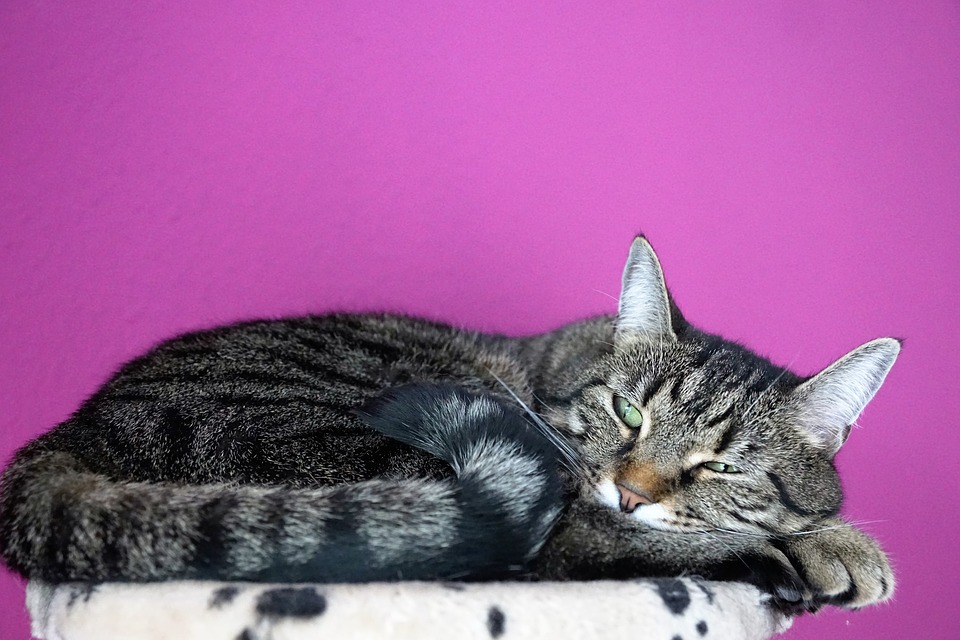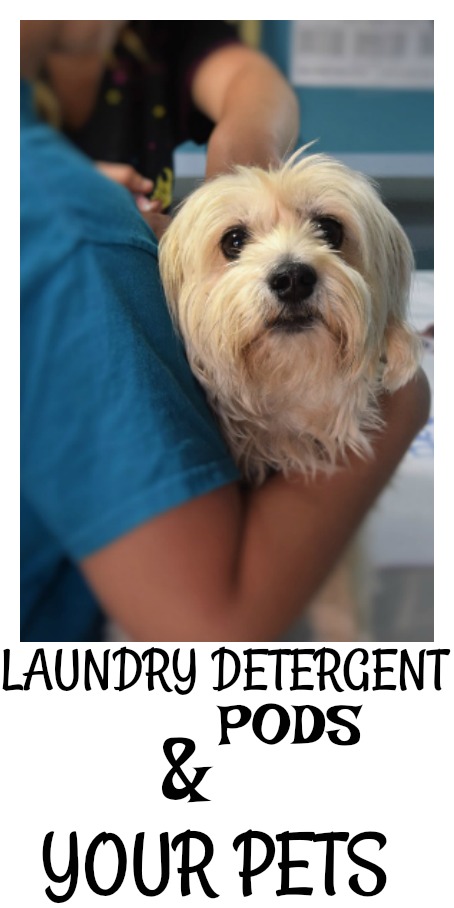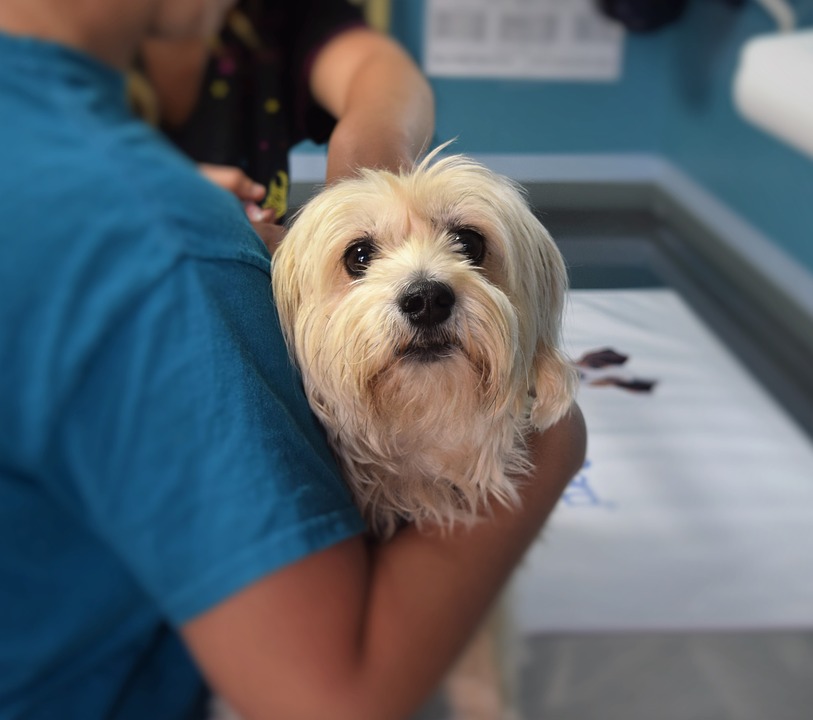In this blog post we discuss Are Laundry Detergent Pods Dangerous for Pets. After the fuss of the “Tide Pod Challenge” that took the internet by storm and sent teenagers and children across the country to the emergency room, many pet owners started to wonder if their pets were also in danger of detergent poisoning.
The fact is that these laundry detergent pods are also hazardous to dogs and cats as well. There are eco-friendly laundry detergents that are better to use. Do your research on them!
Dangers of Laundry Detergent Pods
All laundry detergent is dangerous for pets. No matter the form of the detergent, it contains chemicals that can poison your pet. However, laundry detergent pods are deemed more dangerous due to their highly concentrated formula of the detergent.
Also, the pods come in a small bite-sized form that makes it much easier for pets to consume the detergent without getting turned away by the bad taste.

For these reasons, it is much more likely that your pet will ingest more of the chemicals with a laundry detergent pod than they would with a liquid or powder detergent. Another important aspect of the pods to remember is the plastic coating. This coating is made to dissolve in water.
If your pet is playing with a pod in its mouth, it may ooze the detergent as saliva breaks down the outer shell, causing your pet to ingest the detergent without even swallowing the pod accidentally.
If your pet does ingest the plastic outer coating, it could become lodged in the gastrointestinal tract and become an obstruction that requires surgery to remove.
Laundry detergent pods are often treated differently than other types of laundry detergent. Instead of being stored as a dangerous household chemical, these detergent pods are often left open and in a place where pets can access them. This means that dogs and cats often find these pods and play with them or eat them.
While a tiny taste of laundry detergent probably wouldn’t cause any problems for a cat or dog, ingesting the detergent can make pets very ill.

The most common and obvious symptom of laundry detergent poisoning is vomiting. Since laundry detergent is foamy, vomiting up the detergent can cause your pet to inhale the foam into the lungs.
The foam can coat the airway and prevent oxygen exchange in the lungs. Eventually, this will lead to suffocation.
Other symptoms of laundry detergent poisoning include coughing, drooling, gagging, retching, difficulty breathing, and inflammation of the lungs.
Diarrhea and lethargy are other possible symptoms of laundry detergent poisoning. When it comes to consuming laundry detergent pods, dogs are more likely to get themselves into trouble than cats.
Out of all ASPCA Animal Poison Control laundry detergent pod ingestion cases, 92 percent of cases involved dogs, and only 6.5 percent involved cats.

However, in cases of liquid detergent ingestion, those numbers are more similar. In fact, dogs are involved in just under 60 percent of the liquid detergent ingestion cases, while cats are involved in 41 percent of the cases.
The reason that cats are more likely to ingest liquid detergent is due to their grooming habits. If a cat knocks over a bottle of liquid will lead and it gets on its skin and coat, they will ingest it during grooming.

What Should You Do If Your Pet Eats a Laundry Detergent Pod?
Regardless of the type of detergent, if your pet ingests laundry detergent, you should contact a veterinarian right away.
For minor cases, meaning those without vomiting, your veterinarian may tell you to give your pet a little water or milk to dilute the detergent.
If your pet has detergent on his fur or skin, you need to get it washed off to prevent further poisoning.

If your pet is vomiting or having trouble breathing, bring them in to see a vet right away.
To prevent future problems with laundry detergent ingestion, start storing your laundry detergent with the other dangerous chemicals in your home.
Keep it out of reach of pets and children. When possible, keep all detergents in cabinets that your pets can get into. If you notice a spill, be sure to get it cleaned up right away to prevent any accidents from occurring.